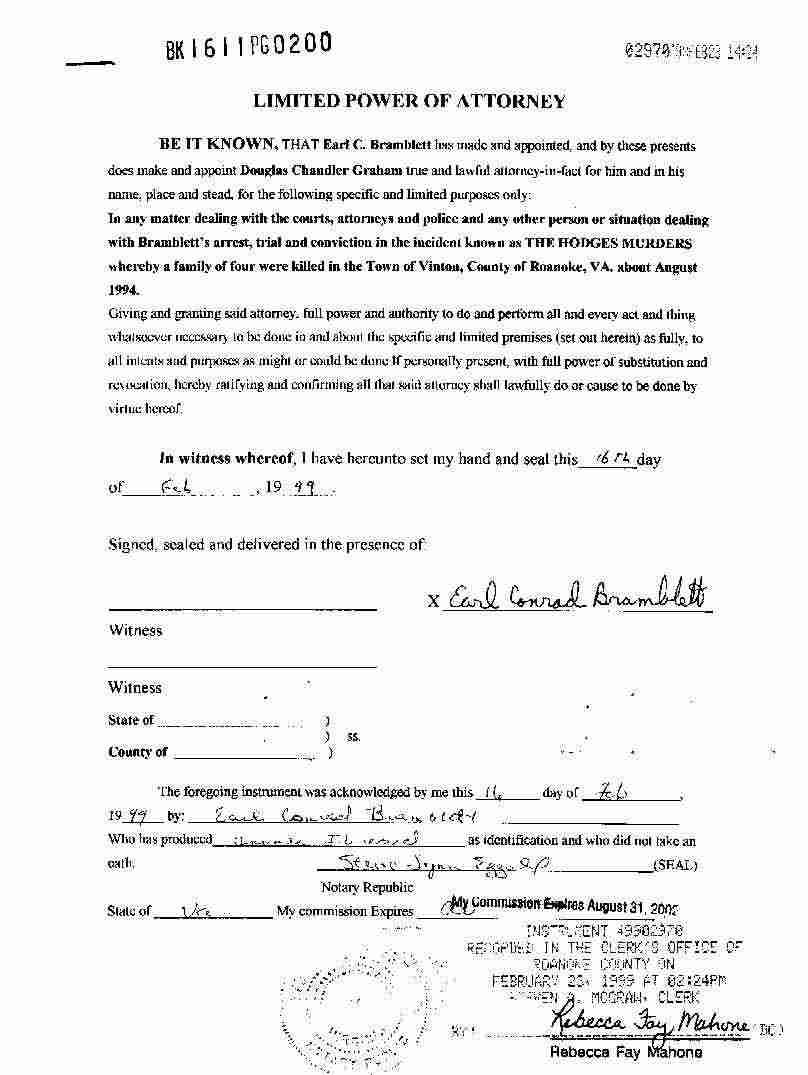

A last will and testament of P may not be executed by A. There are several instances where the use of a POA is prohibited or limited. In that case, the POA becomes effective upon the certification of two physicians (or, if stipulated therein, the attending physician) that P is disabled, and thereafter the POA is governed by the rules applicable to other powers of attorney. A POA may be conditioned upon the disability of P. Thus, even if a POA authorizes A to make a sale or donation of property without specifying to whom the sale or donation may be made, A nevertheless may not sell or donate to himself without an express grant of authority to self-deal.Ĭonditional POA. Another authority that must be granted expressly is the authority for A to contract with himself. For instance, the authority to sell does not include the power to donate or lease, nor does the authority to borrow include the authority to mortgage. However, certain authority must be expressly conferred: purchase, sale, mortgage, lease, donation of immovable property, and acceptance or renunciation of a succession. P may confer A with general authority to do whatever is appropriate under the circumstances. For instance, an act of donation of land must be by authentic act (in the presence of two witnesses and a Notary), and accordingly, a POA granting A the authority to make a donation of P’s land also must be an authentic act.Ĭertain Authority Must Be Express. However, a mere “writing” may be insufficient. For instance, an act affecting real estate must be in writing, and therefore, a POA granting authority to deal with real estate also must be in writing.

In those situations, the POA must be in that same form. A POA need not be in any particular form or writing except when the law requires a certain form for the act being taken by P acting through A.

For purposes of this discussion, the common law terms principal (“P”), agent (“A”) and POA (“POA”) are used.įorm. This column does not address the subtle differences between these two Louisiana forms. Under Louisiana law, this grant of authority is most commonly in the form of a “procuration” (which is a document only signed by the principal) granting authority to a “representative.” Less common in Louisiana is a “mandate” (which is a contract signed by both the principal and his “mandatary”). Lake common law terms used when referring to a grant of authority are the “power of attorney” whereby the “principal” grants authority to his “agent” to act on his behalf.


 0 kommentar(er)
0 kommentar(er)
